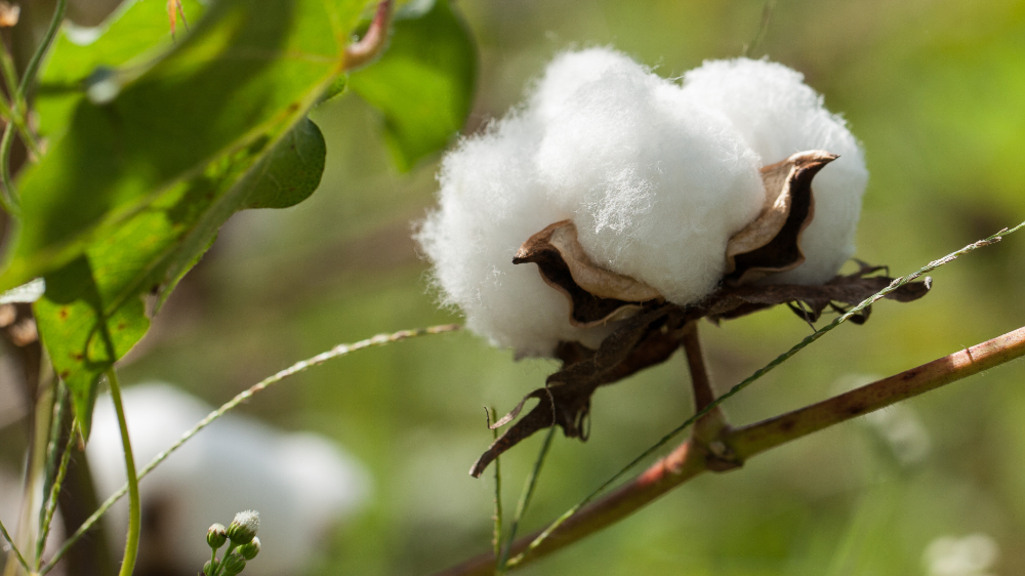Cotonea Sets a New Benchmark in Environmental Accounting

Organic cotton boll in the organic cotton fields of Cotonea in Uganda © Cotonea
Transparency offensive of the organic cotton brand Cotonea
Cotonea, the pioneering organic cotton brand, is presenting comprehensive and trend-setting CO2 and energy analyses of a total of 460 fabrics for the first time on the occasion of World Cotton Day 2024.
Unlike conventional life cycle assessments, Cotonea analyzes its entire value chain from the cotton plant to the finished fabric and measures energy consumption and associated CO2 emissions in detail. In this way, Cotonea enables the greatest possible transparency, creates comparability and thus sets a new standard in the textile industry worldwide.
"We are proud to present these groundbreaking results on World Cotton Day," says Roland Stelzer, Managing Director of the long-established company Elmer & Zweifel and founder of the Cotonea brand. "Our analyses and the consistent use of renewable energies along the entire supply chain show that some of our fabrics still act as CO2 sinks even after finishing. This is a clear signal of our commitment to environmental protection."
Data with unprecedented precision
Cotonea examined the energy and CO2 footprint for a total of 460 different woven fabrics - with such precision that even differences in colors, such as yellow or black, could be precisely determined. "Thanks to our many years of recording energy consumption and the cooperation with our most important suppliers, who have also connected their machines, we can present precise and comprehensible data," continues Stelzer. Only the energy consumption for the yarn dyeing required for a small number of fabrics and means of transport such as trucks, ships and trains, as well as the assessment of the primary energy sources, are based on average values of a database. "Instead of blanket CO2 footprints or LCAs, we at Cotonea document exactly how our fabrics are manufactured and how much energy and CO2 are consumed in the individual production stages," emphasizes Stelzer.
Some Cotonea fabrics still act as CO2 sinks even after finishing. This is due on the one hand to the natural CO2-binding properties of the cotton fibres in organic cultivation, and on the other hand to the use of hydropower and solar systems in the production facilities.
Advanced technology for comprehensive sustainability
For the analysis, Cotonea, with the support of the Industrieverband Veredelung - Garne - Gewebe - Technische Textilien e.V. (IVGT), a German textile association, used the life cycle assessment software "Umberto", in which all relevant steps of the production process have been modeled and mapped. The calculations comply with ISO standards 14040 and 14044 for life cycle analysis (LCA).
"Cotonea is probably one of the first companies in the world to have analysed its textiles in this depth and assessed them according to the highest standards of LCA recording," Stelzer sums up.
Blockchain and product passports for more transparency
Cotonea has been committed to transparency along the entire supply chain for years. Since the end of 2012, Cotonea has been providing items with a product passport that clearly identifies every production step. In 2020, the organic cotton brand contributed its supply chain expertise to the blockchain project "Textile Trust" by IBM and Kaya & Kato, which was supported by the German Federal Ministry for Economic Cooperation and Development.
The results of the CO2 and energy analysis are gradually being published for the respective fabrics in the Cotonea Fabric online store.